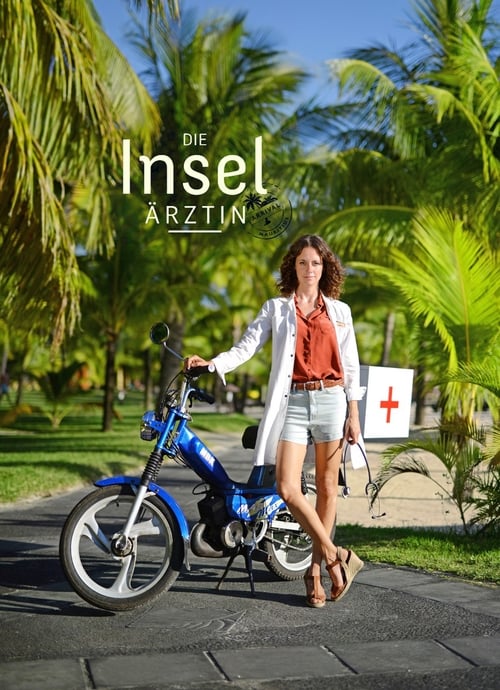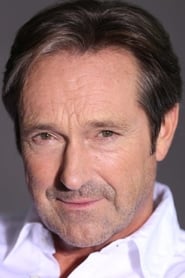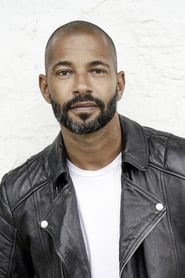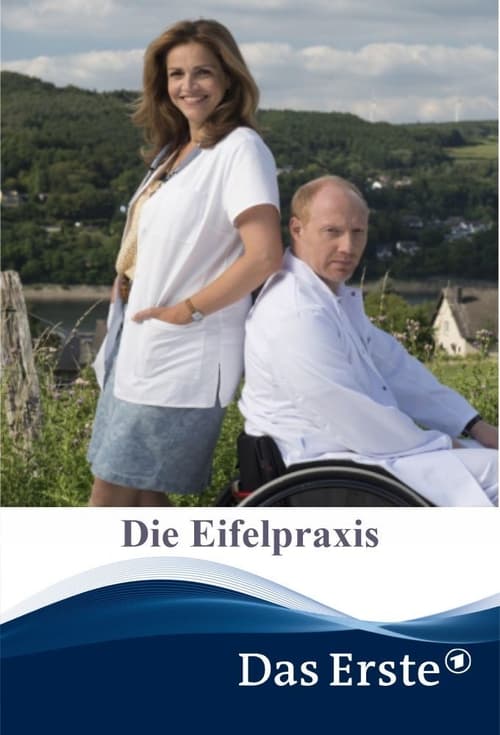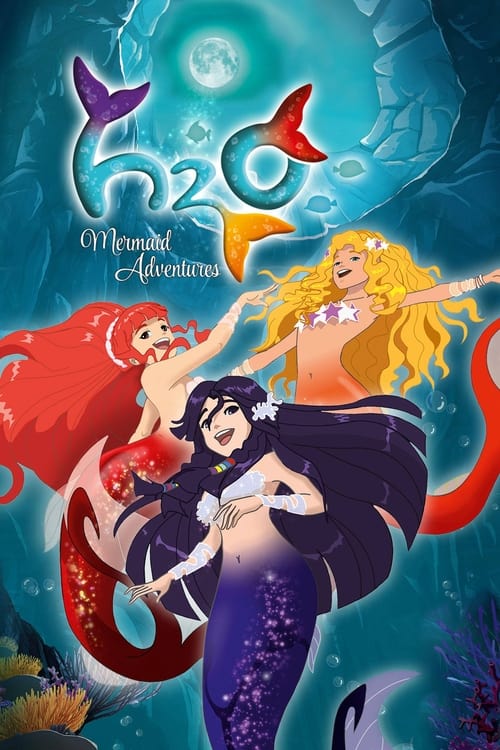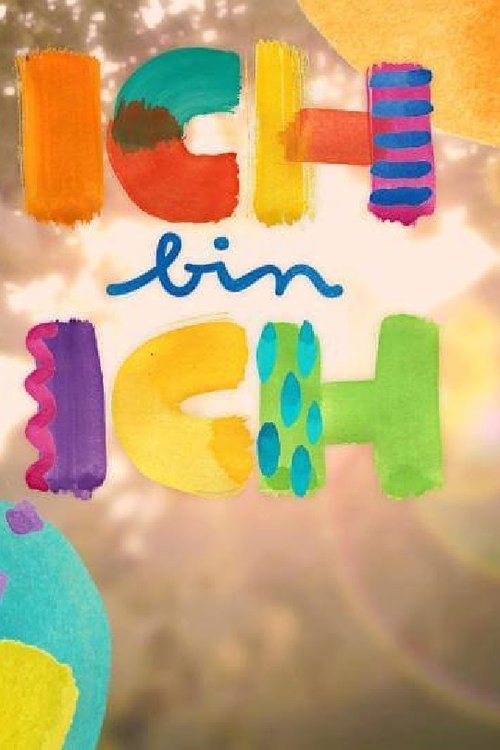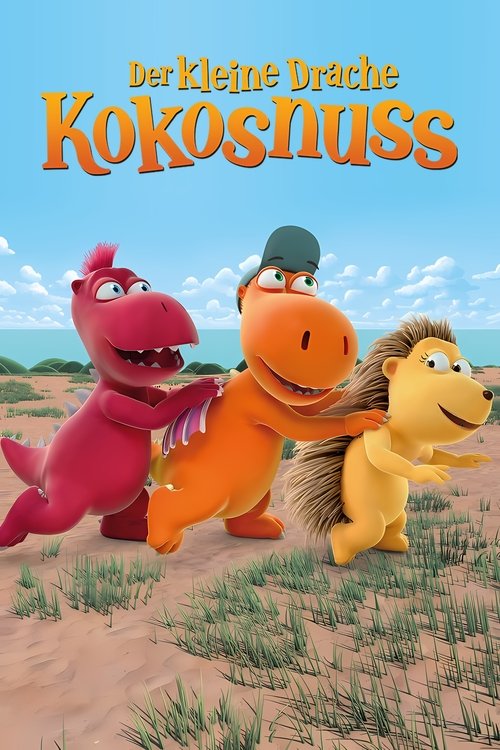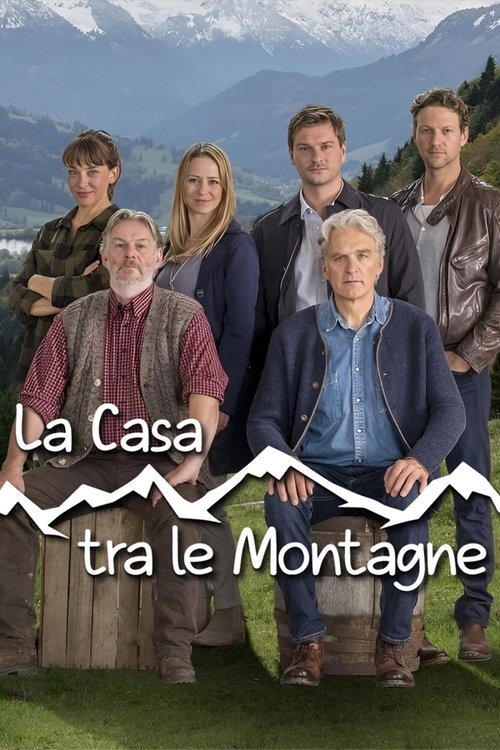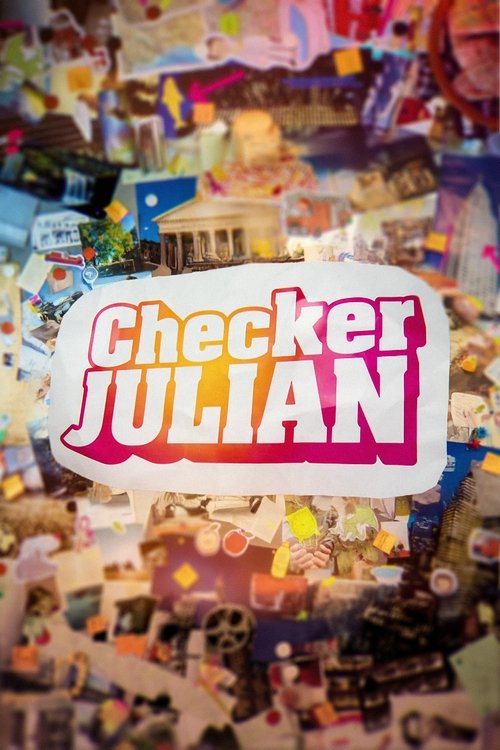
Ask Your Own Question
What is the plot?
In the opening scenes of "The Island Doctor," we are introduced to Dr. Jin-hyuk, a skilled but disillusioned surgeon in a bustling city hospital. He is shown performing a complex surgery, showcasing his expertise but also his growing frustration with the bureaucratic constraints of modern medicine. After a particularly harrowing day, he receives a call from a remote island community in desperate need of medical assistance due to a recent outbreak of a mysterious illness. Despite his initial reluctance, Jin-hyuk feels a sense of duty and decides to accept the assignment, hoping to find purpose again.
Upon arriving at the island, Jin-hyuk is greeted by a small group of locals who are wary but hopeful. He quickly learns that the island's only clinic is poorly equipped, and the residents have been relying on traditional remedies. The atmosphere is tense as Jin-hyuk realizes the severity of the situation; many patients are suffering from symptoms that resemble a viral infection. He meets the local nurse, Soo-yeon, who is dedicated and resourceful, but she is overwhelmed by the number of patients and the lack of resources. Their initial interactions are strained, as Jin-hyuk's modern medical approach clashes with the community's traditional beliefs.
As Jin-hyuk begins treating patients, he faces numerous challenges. He struggles to diagnose the illness due to limited medical supplies and the locals' reluctance to trust his methods. One night, a young boy named Min-ho collapses, and Jin-hyuk must perform an emergency procedure using makeshift tools. The scene is tense, with the boy's life hanging in the balance. Jin-hyuk's determination and skill shine through as he saves Min-ho, earning the respect of the community, particularly Soo-yeon, who begins to see him in a new light.
As the outbreak worsens, Jin-hyuk discovers that the illness is linked to contaminated water sources. He organizes a community meeting to address the issue, but his scientific explanations are met with skepticism. The islanders are deeply rooted in their traditions, and Jin-hyuk's insistence on modern solutions creates friction. During this time, he also learns about the island's history and the struggles the residents have faced, deepening his understanding of their perspective.
In a pivotal moment, Jin-hyuk and Soo-yeon work together to set up a temporary clinic in the village square, where they can treat patients more effectively. They begin to gain the trust of the locals, and Jin-hyuk's methods start to show results. However, tensions rise when a powerful local leader, who is resistant to change, confronts Jin-hyuk, accusing him of undermining their traditions. This confrontation forces Jin-hyuk to reflect on his approach and the importance of cultural sensitivity in medicine.
As the situation escalates, Jin-hyuk learns that the illness has claimed the life of a beloved elder in the community. This tragedy brings the islanders together, and they begin to rally around Jin-hyuk and Soo-yeon, realizing that they must work together to combat the outbreak. In a dramatic sequence, they organize a community clean-up to address the water contamination, showcasing a blend of traditional practices and modern medical advice.
The climax of the story occurs when a severe storm hits the island, complicating their efforts. The clinic is damaged, and many patients are left vulnerable. Jin-hyuk and Soo-yeon must act quickly to provide care amidst the chaos. They set up makeshift shelters and work tirelessly to treat the sick, demonstrating their commitment to the community. During this time, Jin-hyuk's character undergoes significant growth; he learns to appreciate the islanders' resilience and the value of their traditions.
In the aftermath of the storm, the community begins to heal, both physically and emotionally. Jin-hyuk's relationship with Soo-yeon deepens, as they share moments of vulnerability and connection. He decides to stay on the island longer than initially planned, feeling a renewed sense of purpose. The final scenes depict the community coming together to celebrate their recovery, with Jin-hyuk now fully integrated into their lives. He has not only saved lives but has also found a place where he belongs, marking a significant transformation in his character.
What is the ending?
In the ending of "The Island Doctor," Dr. Lee, after overcoming numerous challenges and personal struggles, finds a way to reconcile his past and embrace his future on the island. He successfully performs a critical surgery that saves a local villager, solidifying his place in the community. The series concludes with Dr. Lee deciding to stay on the island, having formed deep connections with the residents, particularly with the local nurse, who has become his confidante and partner.
As the final episodes unfold, the tension builds around Dr. Lee's internal conflict. He has been grappling with the decision to leave the island and return to his previous life, which is filled with professional accolades but lacks personal fulfillment. The island, with its rugged beauty and close-knit community, has begun to feel like home, yet he is haunted by memories of his past failures and the life he left behind.
In the penultimate scene, Dr. Lee is called to perform an emergency surgery on a beloved local elder who has fallen gravely ill. The community rallies around him, showcasing their trust and reliance on his skills. As he prepares for the surgery, the weight of responsibility presses heavily on his shoulders. He reflects on the relationships he has built, particularly with the local nurse, who stands by him, offering support and encouragement. Their bond has deepened throughout the series, and she represents the life he could have on the island.
The surgery scene is tense and filled with emotional stakes. Dr. Lee meticulously works through the procedure, his hands steady but his mind racing with doubt. The camera captures close-ups of his focused expression, interspersed with flashbacks of his past failures in the city, creating a stark contrast between his former life and the present moment. The community waits anxiously outside the operating room, their hopes resting on him.
After a grueling operation, Dr. Lee emerges, exhausted but triumphant. The elder's life is saved, and the community erupts in joy, celebrating not just the elder's recovery but also Dr. Lee's commitment to them. In this moment, he realizes that he has finally found a place where he belongs, where his skills are valued, and where he is part of something greater than himself.
In the final scene, Dr. Lee stands on the beach, watching the sunset with the local nurse by his side. They share a quiet moment, reflecting on the journey they have taken together. Dr. Lee expresses his decision to stay on the island, fully embracing his role as both a doctor and a member of the community. The nurse smiles, her eyes filled with understanding and warmth, as they look out at the horizon, symbolizing new beginnings and the promise of a future together.
The series concludes with a sense of hope and renewal, emphasizing the importance of community, personal growth, and the healing power of connection. Each character has found their place, and the island, once a backdrop for Dr. Lee's struggles, has transformed into a sanctuary of belonging and purpose.
Is there a post-credit scene?
In "The Island Doctor," there is no post-credit scene. The series concludes its narrative without any additional scenes after the credits roll. The final moments of the show focus on the resolution of the main character's journey, emphasizing the emotional growth and the relationships that have developed throughout the series. The absence of a post-credit scene allows the audience to reflect on the story's themes of healing, community, and personal transformation without any further distractions.
What challenges does the main character face as a doctor on the island?
The main character, Dr. Lee, faces numerous challenges as he navigates the complexities of providing medical care in a remote island community. He struggles with limited resources, the isolation of the island, and the skepticism of some locals who are resistant to his modern medical practices. Additionally, he must confront personal demons from his past that resurface as he becomes more integrated into the community.
How does Dr. Lee's relationship with the island's residents evolve throughout the series?
Initially, Dr. Lee is met with distrust and resistance from the island's residents, who are accustomed to traditional healing methods. However, as he demonstrates his commitment to their well-being and saves several lives, he gradually earns their respect and trust. Key moments include his interactions with a local elder who becomes a mentor figure and a young girl whose life he saves, which solidifies his place in the community.
What role does the island's environment play in the story?
The island's environment is both a beautiful and treacherous backdrop for the story. Its lush landscapes and vibrant wildlife contrast sharply with the harsh realities of living in isolation. Natural disasters, such as storms and landslides, pose significant threats to the community, forcing Dr. Lee to adapt quickly and find innovative solutions to medical emergencies, highlighting the interplay between nature and human resilience.
Who are the key supporting characters that influence Dr. Lee's journey?
Key supporting characters include Mei, a local nurse who becomes Dr. Lee's ally and love interest, providing emotional support and insight into the island's culture. There is also Mr. Chen, a skeptical fisherman who initially opposes Dr. Lee but later becomes one of his staunchest supporters after witnessing his dedication. These relationships are pivotal in shaping Dr. Lee's understanding of the community and his role within it.
What personal struggles does Dr. Lee confront throughout the series?
Dr. Lee grapples with feelings of inadequacy and guilt stemming from a past medical failure that haunts him. As he faces life-and-death situations on the island, these internal conflicts intensify, forcing him to confront his fears and insecurities. His journey is marked by moments of self-doubt, but through his interactions with the islanders and his commitment to their health, he gradually finds redemption and a renewed sense of purpose.
Is this family friendly?
"The Island Doctor," produced in 2018, is generally considered family-friendly, but it does contain some scenes and themes that may be potentially objectionable or upsetting for children or sensitive viewers. Here are a few aspects to consider:
-
Medical Emergencies: The show features various medical situations that can be intense and may include graphic descriptions of injuries or illnesses. These scenes may be distressing for younger viewers.
-
Emotional Struggles: Characters often face personal challenges, including loss, grief, and moral dilemmas. These emotional moments can be heavy and might resonate deeply with sensitive audiences.
-
Conflict and Tension: There are instances of interpersonal conflict among characters, which can lead to arguments or confrontations. The emotional intensity of these scenes may be unsettling for some viewers.
-
Isolation Themes: The setting on a remote island can evoke feelings of loneliness and despair, particularly in scenes where characters confront their isolation or face difficult decisions alone.
-
Cultural Differences: The show explores various cultural practices and beliefs, which may be unfamiliar or confusing to younger audiences, potentially leading to misunderstandings.
While the series does address serious themes, it also emphasizes compassion, community, and resilience, making it suitable for family viewing with some parental guidance.

